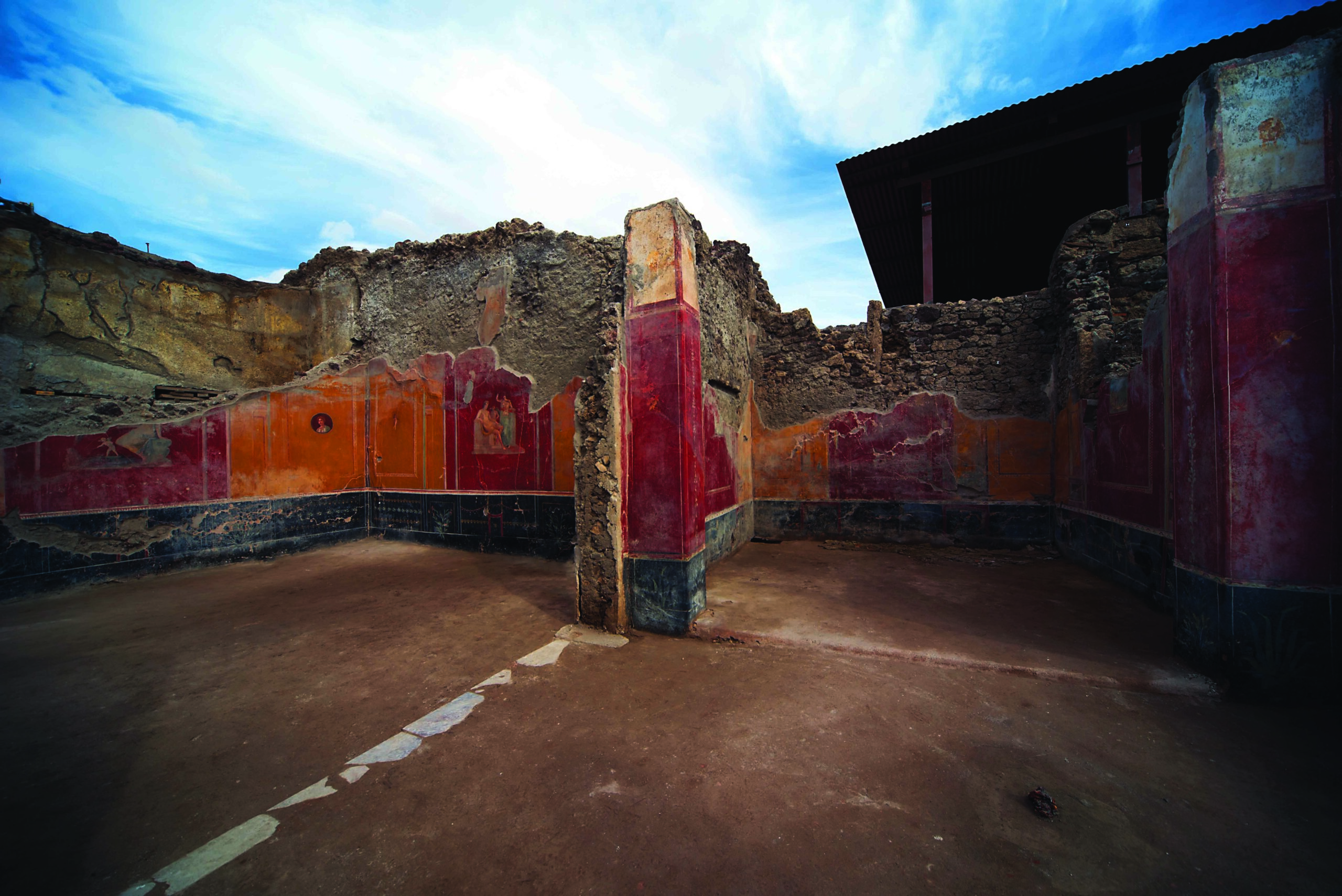SILESIA, POLAND—Science in Poland reports that a range of artifacts and some 200 Neanderthal knives and scrapers were discovered in a cave on the grounds of a ruined castle in northeastern Poland. The cave’s vault may have been buttressed in the thirteenth century, when the castle was built, in order to support the weight of the structure above it. Archaeologist Mikołaj Urbanowski of the Foundation Nature and Man said the stone tools are estimated to be about 40,000 years old, and crafted at a time when Neanderthals and modern humans both lived in Europe, but were made with a technique known to have been employed by early human relatives. Other finds from the cave include a furnace that was used to produce bronze in the fifteenth century. The skeleton of a young dog found underneath the furnace may have been placed there as an offering. “The purpose of the offering,” Urbanowski said, “whose roots can be traced back to pagan times, was to make the smelting process successful. Metallurgists had a lot of knowledge, but intuition and luck were crucial.” He speculates that the furnace may have been hidden in the cave to conceal a coin-counterfeiting operation or some other illegitimate purpose. To read about kinship among Neolithic people buried together in southern Poland, go to "We Are Family."
Archaeologists Explore Medieval Castle’s Cave in Poland
News August 15, 2019
Recommended Articles
Digs & Discoveries September/October 2021
Neanderthal Hearing
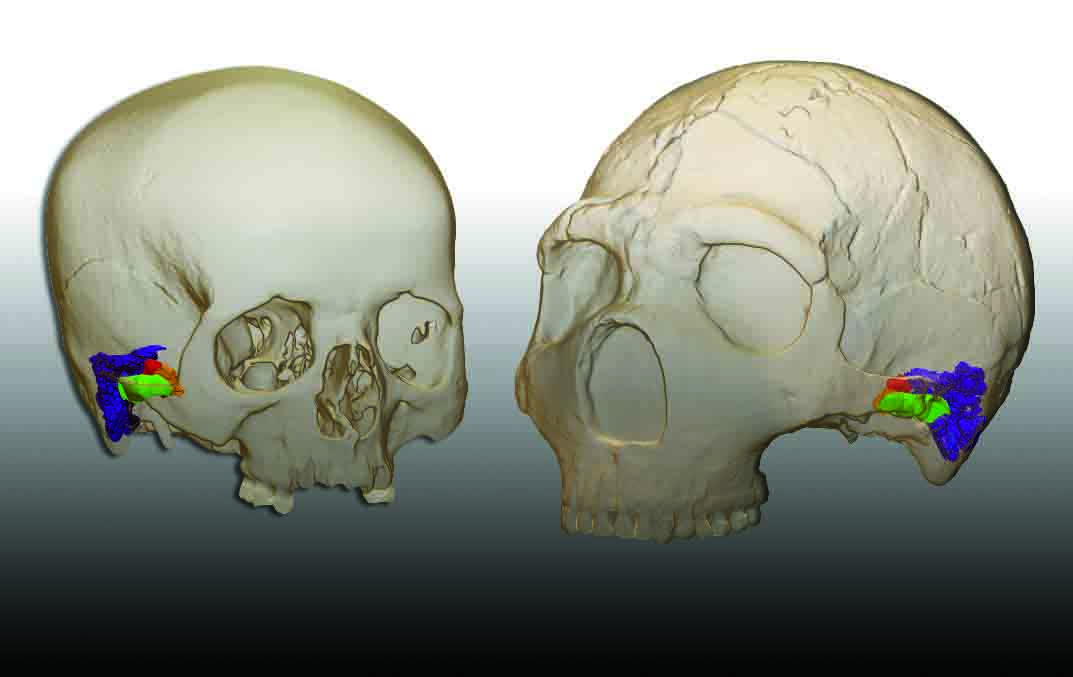
Top 10 Discoveries of the Decade January/February 2021
Neanderthal Genome
Vindija Cave, Croatia, 2010
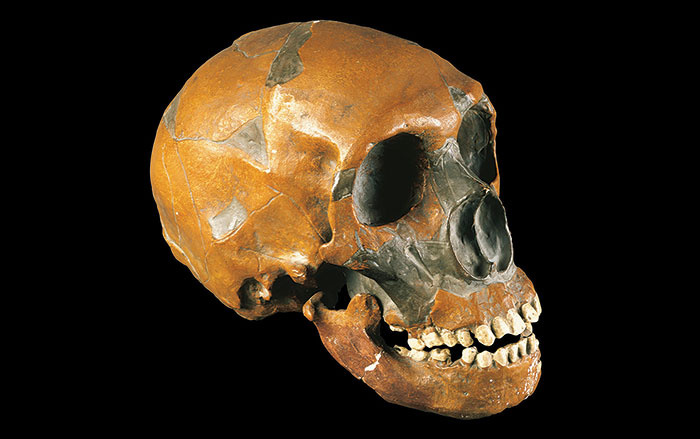
Digs & Discoveries November/December 2020
Painful Past
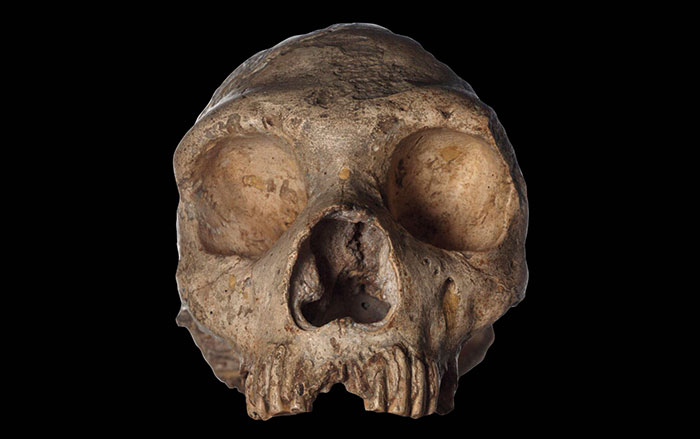
Digs & Discoveries July/August 2020
Twisted Neanderthal Tech
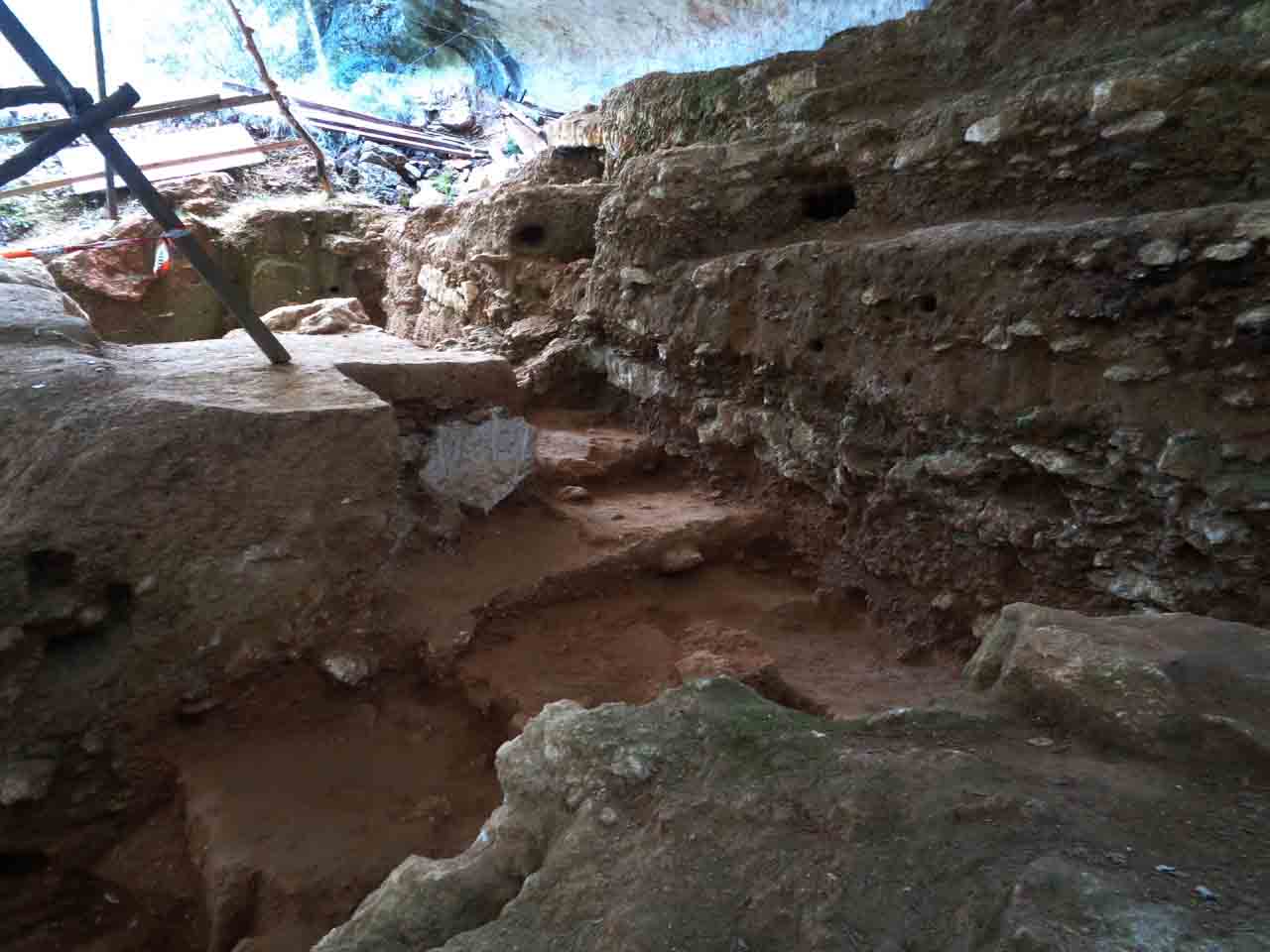
-
Features July/August 2019
Place of the Loyal Samurai
On the beaches and in the caves of a small Micronesian island, archaeologists have identified evocative evidence of one of WWII’s most brutal battles
 (Courtesy Neil Price)
(Courtesy Neil Price) -
Letter from England July/August 2019
Building a Road Through History
6,000 years of life on the Cambridgeshire landscape has been revealed by a massive infrastructure project
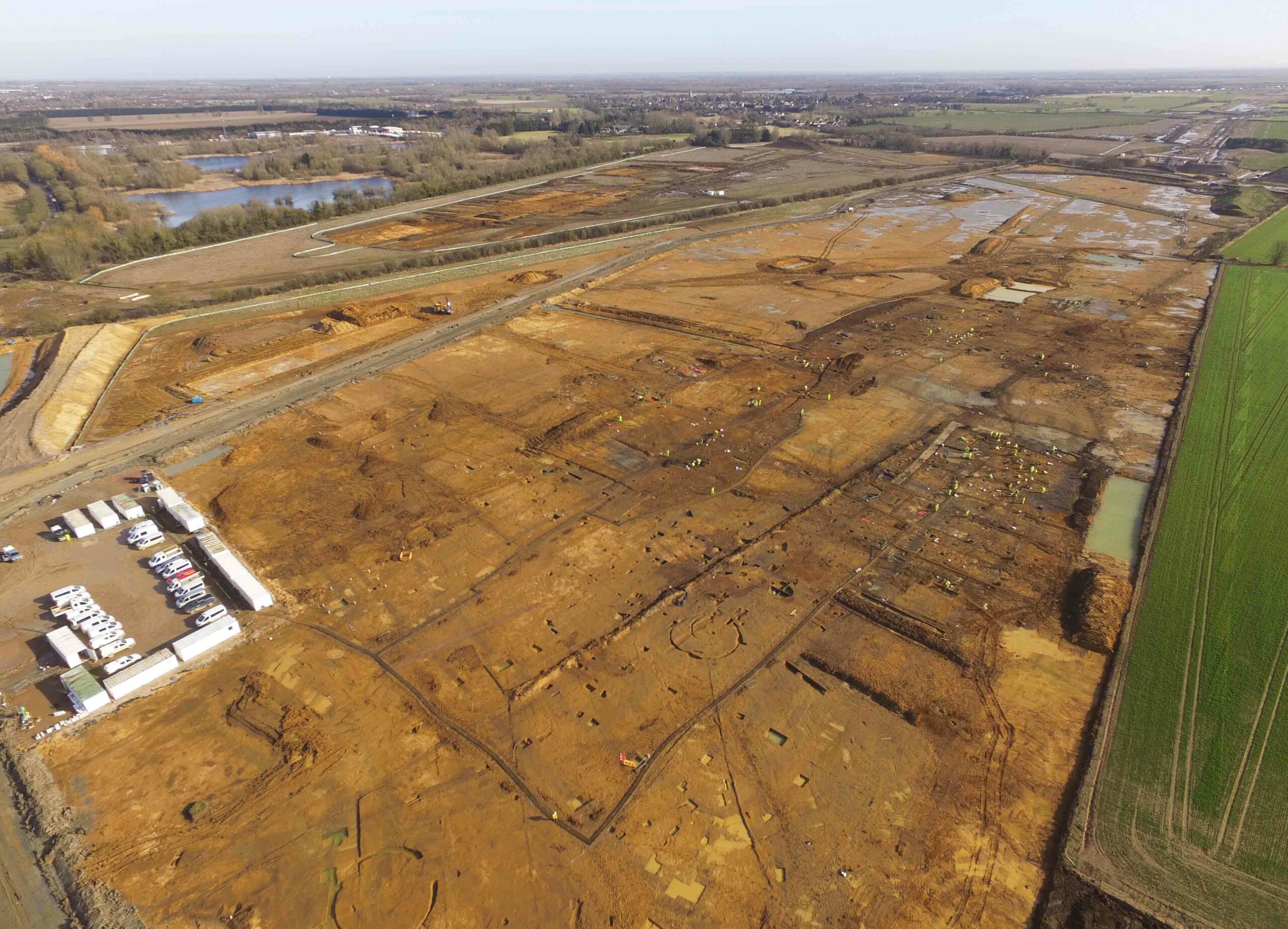 (Highways England, courtesy of MOLA Headland Infrastructure)
(Highways England, courtesy of MOLA Headland Infrastructure) -
Artifacts July/August 2019
Bronze Age Beads
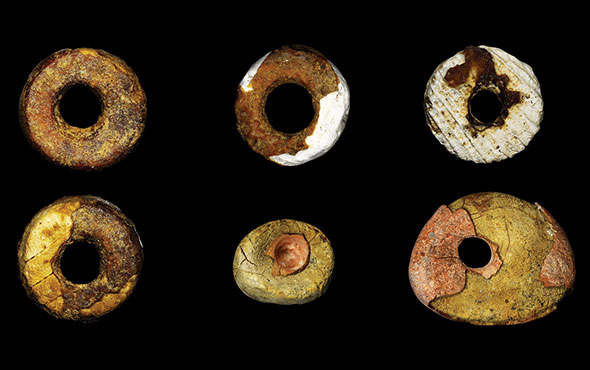 (Courtesy Carlos Odriozola)
(Courtesy Carlos Odriozola) -
Digs & Discoveries July/August 2019
You Say What You Eat
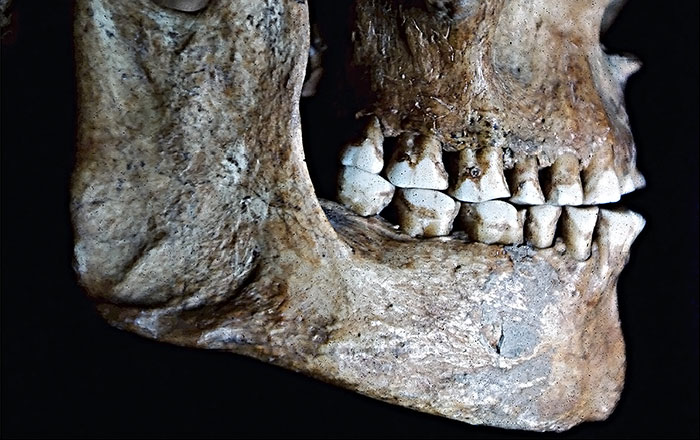 (Courtesy David Frayer, University of Kansas)
(Courtesy David Frayer, University of Kansas)


